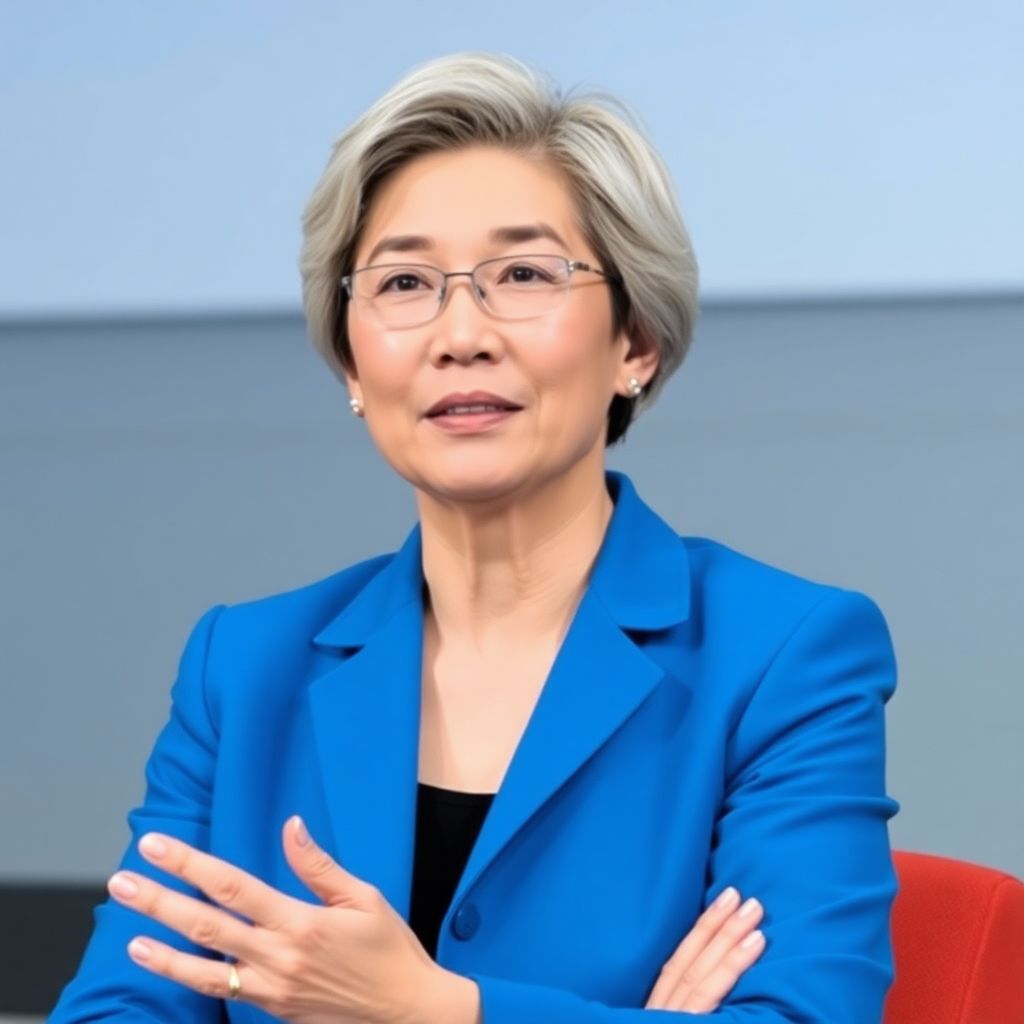Binance founder Changpeng “CZ” Zhao is preparing to initiate legal action against U.S. Senator Elizabeth Warren, accusing her of defamation following a controversial social media post. The dispute stems from a message Warren posted on X (formerly Twitter), in which she stated that Zhao had pleaded guilty to money laundering and received a prison sentence. Zhao’s legal team argues that this assertion is factually incorrect and damaging to his reputation, prompting them to demand a full retraction.
Represented by attorney Teresa Goody Guillen, Zhao has issued a formal warning to Warren, urging her to remove the post and correct the record. The post in question, dated October 23rd, claimed, “CZ pleaded guilty to a criminal money laundering charge and was sentenced to prison.” However, Zhao never admitted guilt to money laundering. Instead, he pleaded guilty to violating the Bank Secrecy Act due to insufficient anti-money laundering procedures at Binance.
The legal challenge comes in the wake of Zhao’s controversial pardon by former President Donald Trump. The pardon has reignited political tensions surrounding the crypto industry, highlighting the divide between pro-crypto deregulatory policies and staunch critics like Warren. After the pardon, Warren, alongside Senator Adam Schiff, introduced a resolution condemning Trump’s decision, framing it as a case of political corruption and lax enforcement of financial regulations.
Warren’s statements were flagged on X through its Community Notes feature, which labeled the post as misleading. This indicates that even social media platforms have acknowledged the inaccuracies in her claims. Zhao’s lawyer argues that Warren’s comments fall outside the protections typically afforded to members of Congress under the U.S. Constitution’s Speech or Debate Clause, since the remarks were made publicly on a third-party platform and not within the bounds of official congressional proceedings.
“Mr. Zhao will not remain silent while a sitting U.S. Senator uses her public position to spread defamatory and false information,” Guillen wrote in a draft version of the legal demand. She emphasized that such statements have real-world consequences and can significantly harm reputations, especially in an industry already under intense scrutiny.
Zhao’s legal troubles have been a high-profile topic in the crypto world. He recently completed a four-month prison sentence and paid a $50 million personal fine as part of a broader $4.3 billion settlement between Binance and the U.S. Department of Justice. Despite stepping down as CEO, Zhao remains the largest shareholder of Binance and continues to be a prominent figure in the global cryptocurrency landscape.
Senator Warren has long positioned herself as a watchdog over the crypto industry, frequently criticizing its lack of regulatory oversight. She has advocated for stricter controls to prevent digital assets from being used for illicit activities, such as money laundering and terrorist financing. Her criticism intensified under the Trump administration, which adopted a more lenient stance toward digital financial innovation.
This potential legal battle raises significant constitutional and legal questions. While members of Congress are generally protected from lawsuits over statements made in official capacities, whether that immunity extends to public social media posts remains a gray area. Legal experts suggest that this case could set a precedent for how political figures engage with public discourse online and whether they can be held accountable for spreading misinformation outside of formal legislative duties.
Moreover, the incident spotlights the broader conflict between political oversight and the autonomy of the crypto industry. With Warren pushing for tighter regulation and figures like Zhao defending the legitimacy of digital finance, the case underscores a growing ideological divide. If the lawsuit proceeds, it may force courts to weigh in on the limits of free speech versus defamation in the digital age, where public perception can shift rapidly due to viral posts.
Zhao’s legal team is expected to move forward swiftly if Warren refuses to retract her statements. The outcome could not only have ramifications for the individuals involved but could also influence how public officials communicate about private entities in the future, particularly in industries as volatile and sensitive as cryptocurrency.
Beyond the immediate conflict, this confrontation also serves as a flashpoint in the ongoing debate about balancing innovation with accountability. Critics of Warren argue that her blanket skepticism toward crypto may stifle technological progress, while her supporters see her as a necessary check on a largely unregulated financial frontier.
Meanwhile, the crypto community is watching closely, viewing Zhao’s potential lawsuit as a stand against political overreach. Others, however, question whether this legal gambit is a strategic move to rehabilitate Zhao’s image post-pardon or a genuine defense against reputational damage.
As legal proceedings loom, one thing is clear: the intersection of politics, technology, and law is becoming increasingly contentious. The outcome of this case could reshape how public figures, both in government and industry, navigate their roles in a rapidly evolving digital economy.

